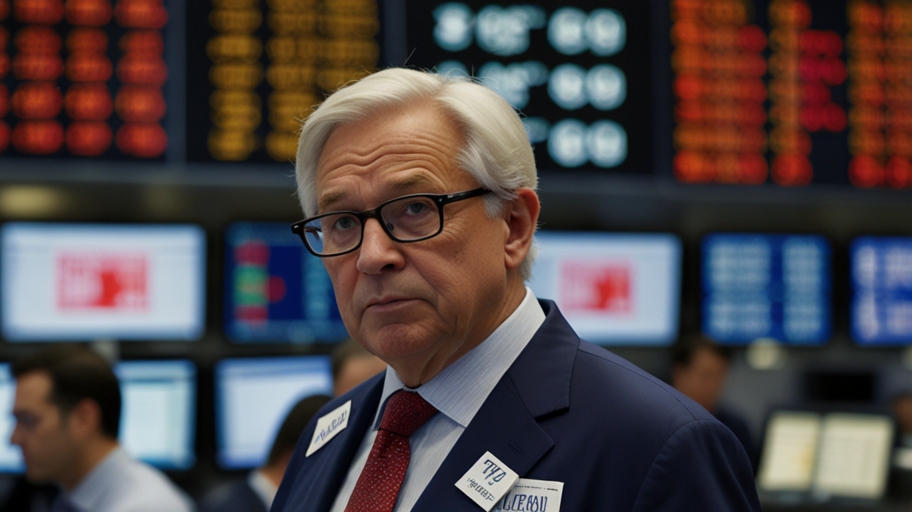European stock markets have been left reeling in the face of a raging international trade war, and have therefore had their largest weekly losses. The broader Stoxx 600 index was down 5.12% and the decline of 8.3% marked its lowest performance of the year on a weekly basis.
The President led the uproar with his newly introduced “initial” tariff of 10% on all imports to the United States which became effective on April 5, 2025. Over 75 years of U.S. trade policy wasn’t as impacted as this single act of the president.
Starting April 9, numerous other “painstaking” tariffs ranging from 11% to a whopping 50% will be placed on the goods of 57 different countries with which the United States has been on par. In other words, the exports from the European Union to the United States will incur a further duty of 20%.
What China did in response hit the already jittery markets even harder. First off, Beijing levied a 34% import duty on all the goods obtained from the U.S. commencing on April 10th, which they have directly linked to the U.S. actions they labeled “one-sided bullying” that should be incurred as a fine and then incite the contrary to solve the conflict.
The impact of the matter was such that Great Britain’s FTSE 100 was down 4.95%, Germany’s DAX was down 4.95%, France’s CAC 40 was down 4.26%, and Italy’s FTSE MIB was down 6.53%. The European markets have felt the impact is being spent, and it is penetrating them deeply.
European officials were wise enough to choose moderation. In response to the situation, Maros Sefcovic from the EU said that the block will continue to act in a “calm and phased manner” and be committed to one negotiation. Furthermore, he pointedly reminded the US that Europe would not be standing idly by.
France and Germany are discussing if the EU could react by imposing taxes on US tech companies rather than introducing tit-for-tat tariffs. French Economy Minister Eric Lombard stated that he would be happy if French companies would not abandon their “patriotism” and the United States as their investment opportunities.
Manufacturers of European industries have been hit the hardest by tariffs. The cognac industry in France was already down due to the tariffs by China that were put in place only last October, and now there is another load of problems from the US to deal with who is the biggest customer, as they buy 50% of all the bottles available.
The automobile sector in Europe is preparing for the difficult time. And now after the US was imposing new tariffs of 25% on all the foreign-made cars on the other day, several manufacturers came out and recognised the necessity of some production changes and a price increase for their customers in the US market.
The stock markets in Europe have registered the same losses as those in the USA, where the Dow Jones plunged by 5.5% and the S&P 500 fell 5.97% in terms of volume. This downfall has cost over 6 trillion USD to the US economy since Trump branded the introduction of tariffs his “Liberation Day.”
Jerome Powell, Chairman of the Federal Reserve, has alerted that these tariffs are going to be a likely cause of “higher inflation and lower growth,” hence increasing the risk of a worldwide recession resulting from the ineligibility of these principles.
Lots of private enterprises in Europe now have to make tough choices in business development. There has never been such uncertainty about the continued access to the biggest consumer market globally.
Many companies are being forced to reconsider their business strategies, and some of them are likely to take drastic measures and even deepen the resolve for open and deeper trade with China in spite of the recent tension between the two world giants.
The situation may take one of two ways – bringing the EU and China closer if they maintain a united front against the US aggressive trade policies, or worsening their relationship should Chinese companies decide to raise a number of cheap products sent to Europe, hence the increasing worries about dumping there.
Coming back to the global market, the analysts note that the likely deceleration in economic growth and the worsened trade conditions will affect the world economy in all regions and will have no clear winner. The next few weeks are extremely important for the countries in-charge to settle on their own strategy of the changed world trade dynamics.
